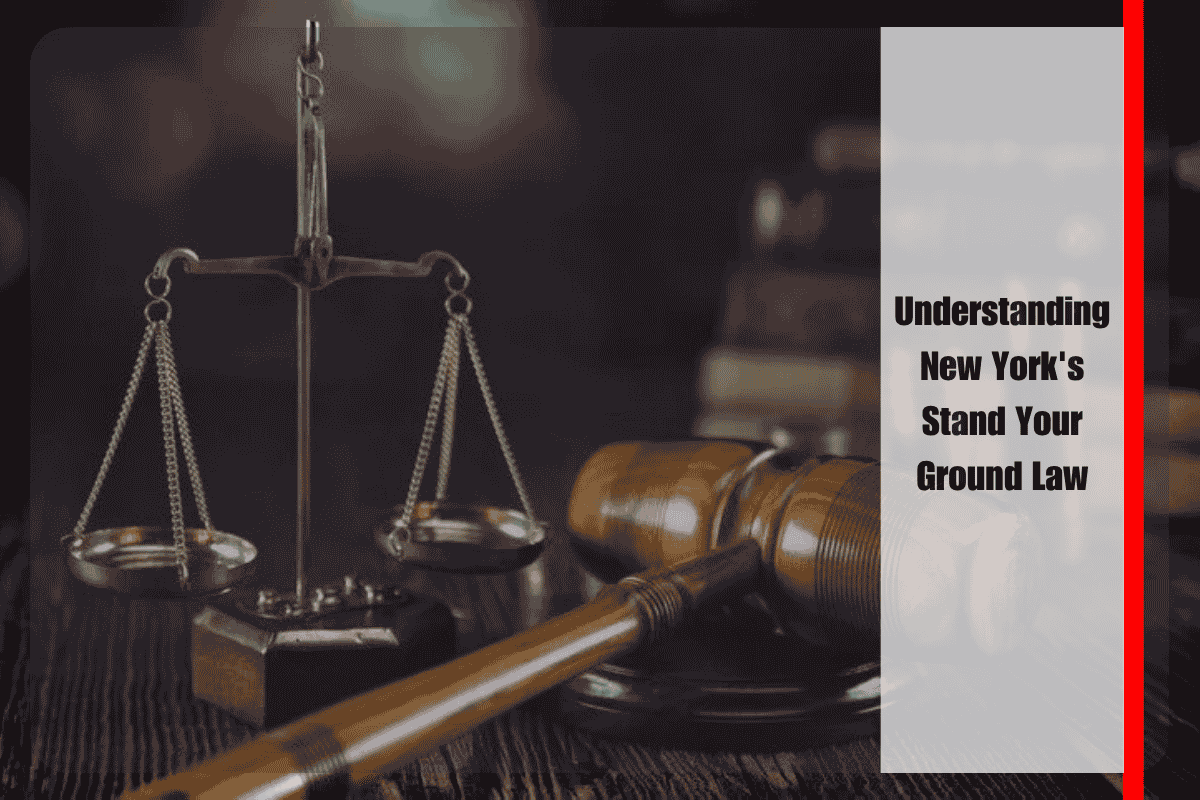New York does not have a stand-your-ground law. Instead, the state follows a “duty to retreat” principle when it comes to self-defense outside the home. This means that if you are attacked or threatened in a public place, you must attempt to retreat or avoid the confrontation if it is safe and possible to do so, before resorting to the use of deadly force.
The only exception to this duty to retreat is when you are inside your own home, invoking what is known as the Castle Doctrine. Under New York’s Castle Doctrine, individuals are not required to retreat from their dwelling if they reasonably believe an intruder is using or about to use deadly physical force, or is committing a burglary or arson. In such cases, you may use reasonable, including deadly, force to defend yourself or others within your home, provided you are not the initial aggressor and the force used is proportional to the threat.
Stand-your-ground laws, by contrast, allow individuals to use deadly force in self-defense in any location where they are lawfully present, without any obligation to retreat. New York’s approach is more restrictive, requiring retreat in public spaces if possible, but granting greater protection within the home.
New York law does not permit a person to stand their ground in public places. You must try to retreat from danger if you can do so safely, unless you are defending yourself inside your own home, where the Castle Doctrine applies. Any use of force, especially deadly force, must be reasonable and proportional to the threat faced.
Sources
[1] https://www.vitalianolaw.com/blog/new-york-self-defense-laws/
[2] https://www.nysenate.gov/legislation/bills/2025/S223
[3] https://en.wikipedia.org/wiki/Stand-your-ground_law
[4] https://giffords.org/lawcenter/state-laws/stand-your-ground-in-new-york/
[5] https://www.jasongoldmanlaw.com/insights/new-york-self-defense-laws-castle-doctrine












